Each child is unique and will develop at their own individual pace; it is normal for children to meet the developmental milestones outlined by the CDC at a slightly different rate than other children their age. Children may even be slightly advanced in some areas while trailing behind in other skills. Your child is always growing and changing; continued advancement toward milestones is more important than a child reaching a specific skill at a precise date on your calendar. Sometimes a child’s pace of development would be considered outside the expected range in variations and the child may benefit from involving a therapist and seeking advice from an expert, like your doctor. Concerns related to developmental milestones should be discussed with your child’s doctor. For developmental delays related to social and emotional milestones, they may recommend therapeutic intervention; that is where CARE Counseling can help. Seeking counseling can help your child develop skills in socializing with peers and adults, express their creativity and imagination, and improve their language and cognitive skills.









